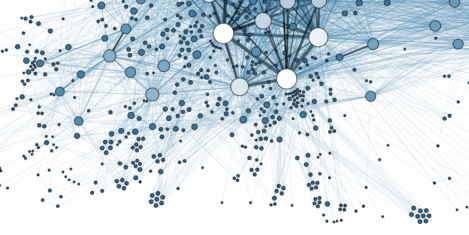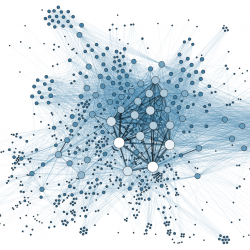January 12, 2017
New report highlights potential of technology to wipe out jobs and businesses 0
 Unregulated technological progress is one of the greatest threats to global prosperity, peace and stability, claims a new report from the World Economic Forum. The WEF’s Global Risks Report, published before 3,000 business leaders and politicians gather for its annual conference in Davos, claims that regulation is trailing far behind technological innovation and that without action, it could lead to the destruction of untold jobs and businesses and catalyse major social upheaval. Economic inequality, societal polarisation and intensifying environmental dangers are the top three trends that will shape global developments over the next 10 years, the World Economic Forum’s Global Risks Report 2017 claims. The report says that collaborative action by world leaders will be urgently needed to avert further hardship and volatility in the coming decade.
Unregulated technological progress is one of the greatest threats to global prosperity, peace and stability, claims a new report from the World Economic Forum. The WEF’s Global Risks Report, published before 3,000 business leaders and politicians gather for its annual conference in Davos, claims that regulation is trailing far behind technological innovation and that without action, it could lead to the destruction of untold jobs and businesses and catalyse major social upheaval. Economic inequality, societal polarisation and intensifying environmental dangers are the top three trends that will shape global developments over the next 10 years, the World Economic Forum’s Global Risks Report 2017 claims. The report says that collaborative action by world leaders will be urgently needed to avert further hardship and volatility in the coming decade.


































December 23, 2016
Presenteeism doesn’t aid productivity, so employers should set workers free 0
by Mark Eltringham • Comment, Flexible working
(more…)